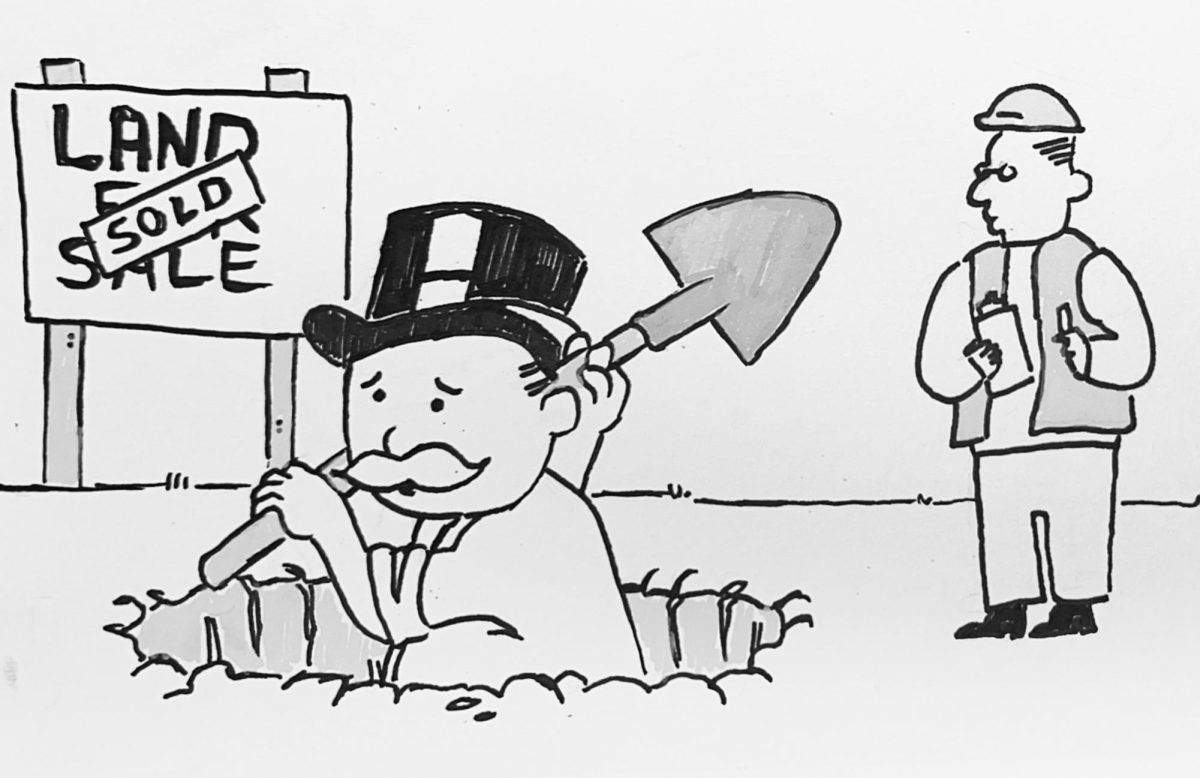Weeks ago, a statistic set the Whitman campus on fire. Day after day, we witnessed new and imaginative student protests: a mass walkout, an art installation on the steps of Memorial Hall, students inscribing dollar signs on their faces to accuse the college of worshipping the symbols. Online, all of this was amplified, with alumni and off-campus students joining the conversation as well. It was hard to ignore.
President Bridges and the Board of Trustees agreed, releasing multiple statements that acknowledged the challenges Whitman faces in increasing economic diversity. But they were also careful to emphasize college affordability as a nationwide problem, and spent considerable effort downplaying Whitman’s low ranking in economic diversity on a New York Times list. ASWC organized a community forum in which administrator and faculty panelists identified and refuted specific inaccuracies in media coverage of Whitman’s financial aid policy.
President Bridges’ financial-aid blog, purportedly created for the benefit of concerned students, faculty and alumni, contains one post at the time of this writing in which he observes that “trustees and overseers … wrestle with tuition pricing and the levels of financial aid we set each year.” He promises they will be taking student concerns into account in their next meetings in November and February, yet there is no accompanying promise of transparency, no means for students or faculty to hold trustees accountable to a meaningful change in policy.
These responses did not absolve the college from the need for reform. With all their diversion and defensiveness, all they proved –– in case the response to the divestment movement left any doubt –– was that we can never rely on change to come from the top down. Instead, we the students must devise a method of meaningful reform and campaign for its implementation.
Every time controversy arises on campus –– from inadequacies in our Title IX reporting process, to last year’s Facebook/Whitman Encounters incident, to the earlier student outrage at the inaccessible tenure process –– the people who make up the face of the college display the same troubling patterns. The first of these to reveal itself is a studied refusal to see the broader implications of the problem; therefore, we get a response from the president and the board that dissects a list in the New York Times while ignoring what it represents.
Once a fire has caught, the spark that lit it becomes irrelevant. The Board of Trustees needs to contribute something meaningful to a discussion of economic stratification and stop pretending this is all about Whitman’s name being on the wrong end of a list. Up until now, we’ve had nothing from them but unproductive defensiveness, with an occasional aside to confuse different kinds of diversity. It’s fantastic that our school is achieving higher percentages of students of color and of international backgrounds, but that isn’t the whole problem here.
The sad part is that it’s the board that has the power to start this conversation, and all they’d have to do is admit in a meaningful way that student concerns are legitimate. That’s what we’ve never seen them do for any other controversy, and it circumscribes the other pattern that typifies the “fad” issues that arise on campus every year. The administration never truly engages because they know that rendering the conversation one-sided all but ensures it will die out, and this time, the presidential transition will make this easier than ever.
This is an effective strategy, and we can’t expect any sense of responsibility to prevent the trustees from adopting it. What students have to realize is that it also determines the cards we have to play when pursuing change. If President Bridges and Chairman McMurchie aren’t going to be receptive to our concerns, the responsibility for keeping the fire going falls to us.
Next week the Trustees will be on campus for the first of their bi-annual meetings –– if we want them to take student concerns seriously, we need to have the same visibility and student mobilization we had at the beginning of the semester. ASWC’s recent resolution regarding test-optional admissions is a good start, since standardized testing indeed favors the wealthy, but there is far more work to do. Several of Whitman’s peer colleges manage to meet their requirements on need-blind admissions; the Pioneer board calls for a study of those school’s finances to create a plan for Whitman to emulate them. At this moment, new ideas are the best fuel to keep the fire going.








